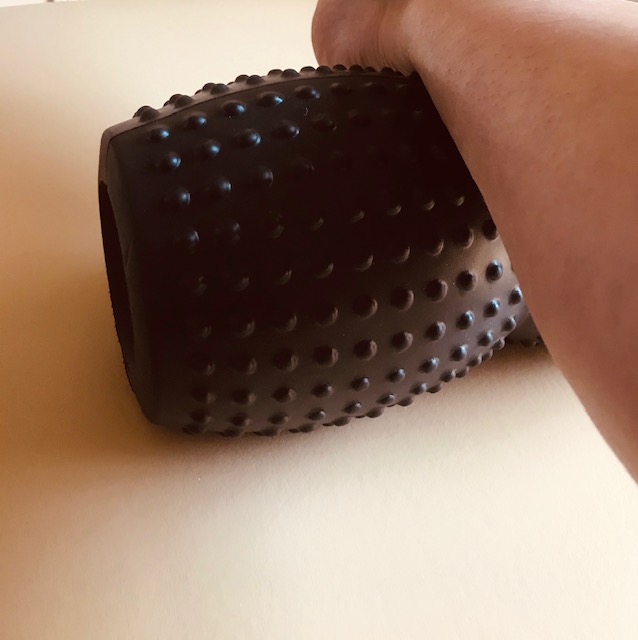1. Start off slowly and pace yourself – This is often a common problem, it is very easy to get carried away and overdo it on the first session. Whatever exercise/training you are doing make sure you start off slowly and build up over a few weeks.
2. Correct technique – poor technique is a major factor in contributing to injuries, make sure you get advice from a coach or trainer, especially if you are new to the sport.
3. Warm up – Make sure that you prepare your body for exercise don’t just go straight into high level activity.
4. Stretch – At the end of exercise make sure that you spend time gently stretching off your muscles. It is also a good idea to incorporate a separate stretching session into your weekly routine.
5. Rest between training sessions – Your body needs time to recover, repair and rebuild muscle, so make sure you have at least one or two rest days a week.
6. Correct equipment – Make sure that you have the correct size and style of equipment that suits you. This is especially important with running trainers so make sure you get a running assessment done by a specialist to ensure you are wearing the right pair for you.
7. Cross-training and strength training – Although practising the specific sport or particular technique is important, it is also vital to build and strengthen the right muscles to help you achieve this more efficiently and effectively. Strength training is key to help prevent injury and get the most out of your performance. You also need to build in other activities into your schedule in order to make sure you are not over training and keep things interesting!
8. Hydration – Exercise will use a lot of your water and electrolyte stores, so make sure you replenish by drinking lots, especially in warm weather. Sports drinks are best as they have a good mix of all the nutrients that you need.
9. Good nutrition and diet – Your body needs the correct fuel in order to perform at its best. Make sure that you eat a balanced, healthy diet and seek advice from your GP or a nutritionalist if you have any concerns regarding diet.
10. Consulting a Physiotherapist or sports specialist – As Physiotherapists we are highly skilled at identifying areas of weakness and diagnosing injuries. Make sure you get help early before the problem gets too bad. Often if you can get an early diagnosis and treatment you will make a faster, better recovery.






